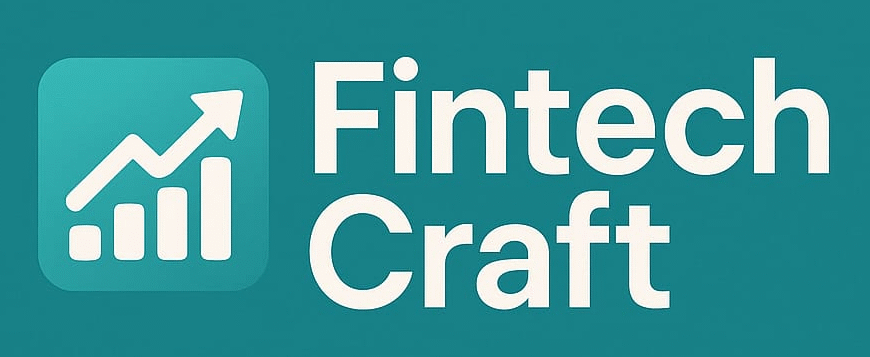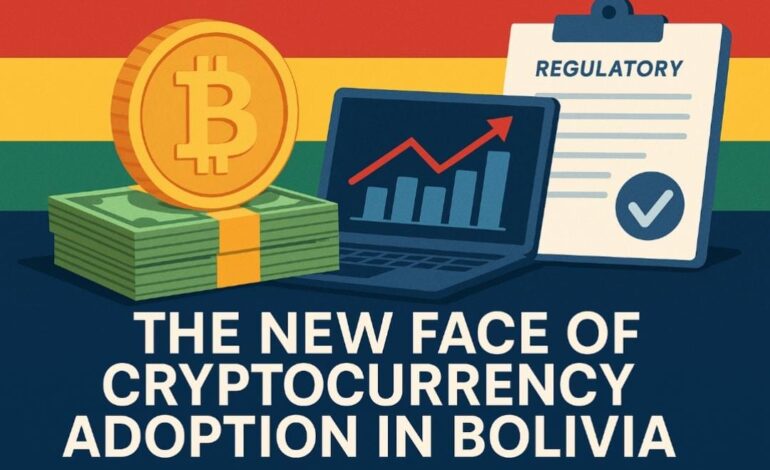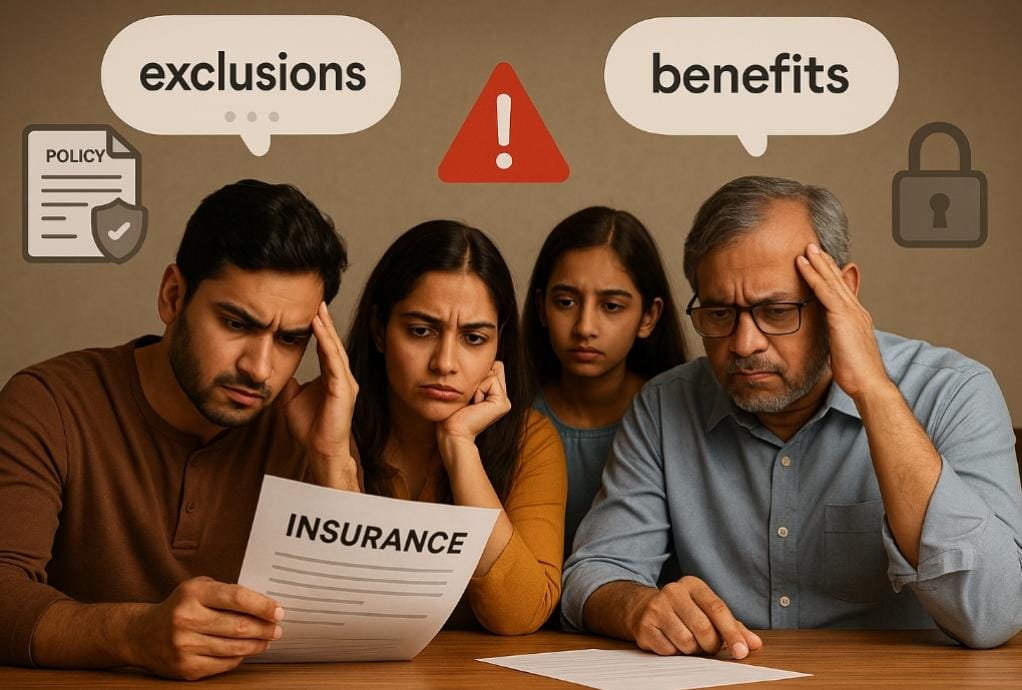
The Hidden Health Insurance Risk After 60
Health Insurance Risk: When Gujarat-based chartered accountant Neeraj Khanchandani turned to LinkedIn to share his parents’ insurance nightmare, he didn’t expect to start a national conversation. But his post has gone viral—because it reveals a harsh reality many Indian families silently endure.
Khanchandani’s elderly parents, both over 63, had paid health insurance premiums for over 15 years. They had followed every rule, disclosed every illness—including a past case of swine flu—and kept their policy active. In 2021, Neeraj ported their long-standing policy from a public insurer to a private one. The new insurer accepted the disclosures and issued a policy with a higher premium.
But when a hospitalisation claim was submitted in 2024, the company rejected it, stating “non-disclosure” as the reason. Shockingly, they cancelled the policy retroactively, leaving his parents without any coverage—during a medical emergency.
“Claim rejected. Policy cancelled. No refund. No new insurer will now issue a policy at 63+,” Khanchandani wrote.
Despite more than 20 calls and emails, the insurer allegedly went silent. The digital platform through which the policy was purchased also refused to help. He tried escalating the issue to the National Consumer Helpline, the Insurance Regulatory and Development Authority of India (IRDAI), and the Insurance Ombudsman.
The result?
A copy-paste response: “Case closed due to no documents received.”
Even though Neeraj had delivery confirmations.
“There was no hearing. No investigation. Just copy-paste closure,” he wrote. “Even the systems meant to protect citizens from insurance abuse are operating like a tick-box joke.”
Porting Doesn’t Protect You After 60
His story has now ignited a wider debate:
What safety net exists for India’s senior citizens when insurers turn hostile?
Khanchandani warns that porting a health insurance policy—often advertised as a safeguard—offers no real protection. In fact, once someone crosses the age of 60, many insurers quietly back away, using technicalities to deny coverage or reject claims.
“Do we just accept that aged citizens have no voice in this country anymore?” he asks.
The Bigger Question: Is the System Broken?
This incident highlights a systemic issue:
Even regulatory bodies and grievance redressal forums appear ineffective in holding insurers accountable.
When a family, despite following the rules for over a decade, is left without protection in a medical emergency, what does that say about our system?
Khanchandani’s post is a wake-up call. Because as he puts it:
“This could be your parents next.”
Also Read: Bitcoin Falls Below $100K as US–Iran Tensions Rattle Markets






